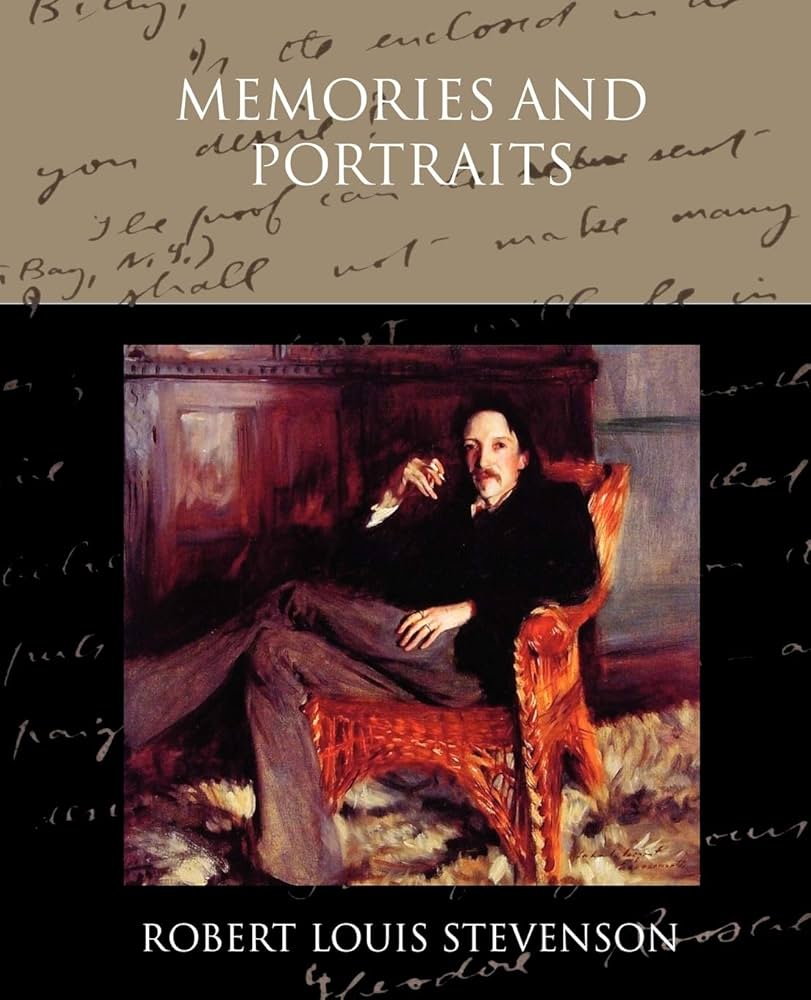Chapter I — The Foreigner at Home
byChapter I opens with a personal reckoning of national identity as experienced from within, not without. The narrator confronts the often-overlooked reality that one can feel like a stranger in one’s own country. He begins not by pointing across oceans, but by walking through familiar cities where the people, language, and customs suddenly feel distant. The Englishness surrounding him feels both familiar and foreign. It is not hostility that breeds this sensation, but a silent wall built from centuries of difference in law, custom, and temperament. To cross from Edinburgh into London is, in his view, a journey more jarring than one from Europe into Asia. Beneath the shared political structure of Britain, there lies a fracture—one so subtle that it is often ignored, but so deep that it is constantly felt.
In his eyes, Scotland, particularly the Gaelic-speaking Highlands, retains an elemental identity that resists absorption. The language, the religious intensity, and the shadow of ancestral hardship have carved out a collective character both proud and melancholic. England, by contrast, feels procedural and detached—its heart expressed through institutions and decorum rather than weathered stone and oral tradition. Even humor, one of the common bonds among people, feels different: the sharp, dry wit of the Scots rarely matches the English taste for restrained levity. This dissonance, while not always overt, builds over time into a sense of not quite belonging. Though the Scots speak English, the lens through which they view the world has been shaped by terrain, history, and struggle. That divergence creates a kind of spiritual distance, as if each people occupies a different chapter of the same book, written in the same alphabet but in opposing tones.
He recalls how even in British colonies, such as those established by the French or Dutch, there exists a merging—however flawed—between colonizer and colonized. Cultures influence each other, if only through proximity and necessity. But in the United Kingdom, cultural influence tends to flow only in one direction: from England outward. The smaller nations of the union often find themselves learning English customs, singing English hymns, and adopting English legal norms without a corresponding curiosity from their larger neighbor. This cultural disinterest, veiled as confidence, becomes a quiet but sharp form of alienation. The narrator feels this not in dramatic gestures but in everyday exchanges—when a Scot is mistaken for an Englishman, or when his heritage is overlooked, even in academic or political discussion. To feel foreign at home is to be reminded constantly of being misread.
He recalls childhood walks through his Scottish hometown, with its grey buildings, Presbyterian steeples, and stern winters. These memories, laced with solitude and introspection, offer a contrast to the busier, more pragmatic life he would later witness in the south. His education, heavy with Calvinist doctrine and classical language, seems distant from the more casual and compartmentalized English style of learning. In Scotland, learning felt moral and severe—less about gaining knowledge than becoming a certain kind of person. That shaped how Scots understood responsibility, failure, and even humor. The Englishman, he observes, might view the world as a game to be managed; the Scotsman, as a burden to be borne. These divergent worldviews don’t disappear at adulthood; they root themselves in politics, art, and daily decisions.
While some may see this as cultural stubbornness, the narrator interprets it as a protective instinct—an effort to preserve what history could not erase. The Scottish identity is one forged not just through union but through resistance, memory, and landscape. Even the architectural choices in Scotland, with homes built to endure storms rather than impress, reflect an internal logic shaped by necessity and pride. To ignore these differences is not to unify but to dilute. What pains the narrator is not the existence of English culture, but the assumption that it is the default. To be a foreigner at home is to carry a history that no one else seems to notice, to speak a dialect in a room where everyone claims they understand but no one really listens.
This chapter ends not with resentment, but with reflection. It does not ask for separation or sympathy. Instead, it asks for recognition. The experience of being foreign in one’s own land isn’t merely metaphorical; it is lived in glances, in names mispronounced, in holidays overlooked. The narrator’s story serves as a quiet but forceful reminder that identity is not just a flag or a border—it is the feeling of being seen for who you are, even when standing where you’ve always belonged.

